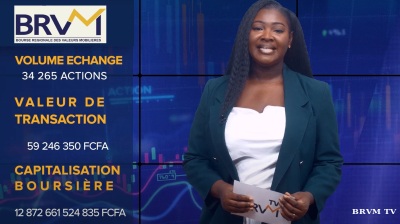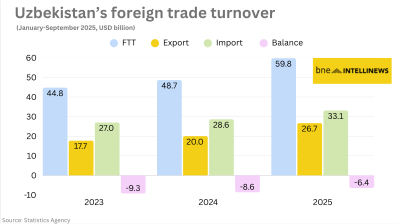A Trump administration emissary is making an extended visit to Uzbekistan with the apparent aim of advancing the US critical minerals agenda.
Paolo Zampolli, the White House’s Special Envoy for Global Partnerships, arrived in Tashkent on August 28 with a stated goal of building “enduring ties that sustain the strength and vitality of US diplomacy,” according to a statement issued by the US Embassy in Tashkent.
Trump administration foreign policy toward Central Asia has placed heavy emphasis on expanding trade and widening access to the region’s abundant supplies of critical minerals. Meeting in April with an Uzbek journalist, the US envoy in Tashkent, Jonathan Henick, praised what he described as an “unprecedented level” of diplomatic engagement between the United States and Uzbekistan during the first months of 2025.
Zampolli met with Uzbek President Shavkat Mirziyoyev shortly after his arrival in the country. “During the meeting, issues of the further expansion of Uzbek-American strategic partnership and multifaceted cooperation were discussed in detail,” read a statement issued by the Uzbek president’s office.
“A constructive political dialogue is developing,” the statement added. “Great potential for promoting cooperation projects in the field of mineral resources, aviation, electrical engineering, agriculture, digital technologies, finance, innovation, education and other priority areas was noted.”
The US embassy statement noted Zampolli would participate in a variety of public diplomacy events in Uzbekistan designed to burnish the US image in the country. Those events included joining Mirziyoyev in marking Uzbek Independence Day, meeting with players of the Uzbek national soccer team, which will play in the World Cup tournament to be held in the United States next year, and attending the opening of American Corner Tashkent, a venue dedicated to promoting American values.
Zampolli is a longtime business acquaintance of Trump and has served as the Caribbean island nation of Dominica’s ambassador to the United Nations.
This article first appeared on Eurasianet here.
News
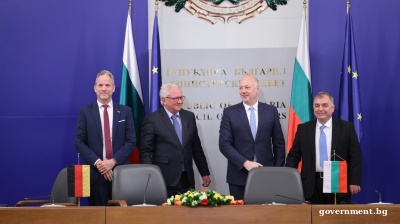
Bulgaria signs €500mn deal with Rheinmetall to build ammunition plant
Investment reflects Bulgaria’s growing role in Europe’s rearmament drive and Nato’s efforts to strengthen regional defence supply chains and cut reliance on external suppliers.
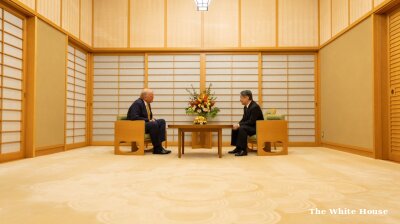
US-China trade talks deliver breakthrough as markets rally ahead of Trump-Xi meeting at APEC
How and if China will react to a US-Japan rare earths deal remains to be seen but Beijing has said it will suspend its restrictions on rare earth metal exports in what is a move likely to ease pressure on the US tech and defence sectors.
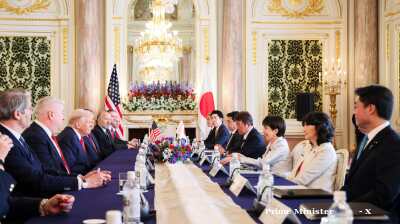
US, Japan sign rare earths deal to ‘secure’ supply chains
The two leaders signed an agreement establishing a framework for cooperation in the mining and processing of rare earths and other essential minerals; a move that underscores growing anxieties over China’s dominance in the sector.
.jpeg)
Mexico secures trade extension with US, averting November 1 tariff escalation
US President Donald Trump and Mexican President Claudia Sheinbaum have agreed to extend a critical trade deadline by several weeks, granting negotiators additional time to resolve 54 outstanding commercial barriers between the nations.
